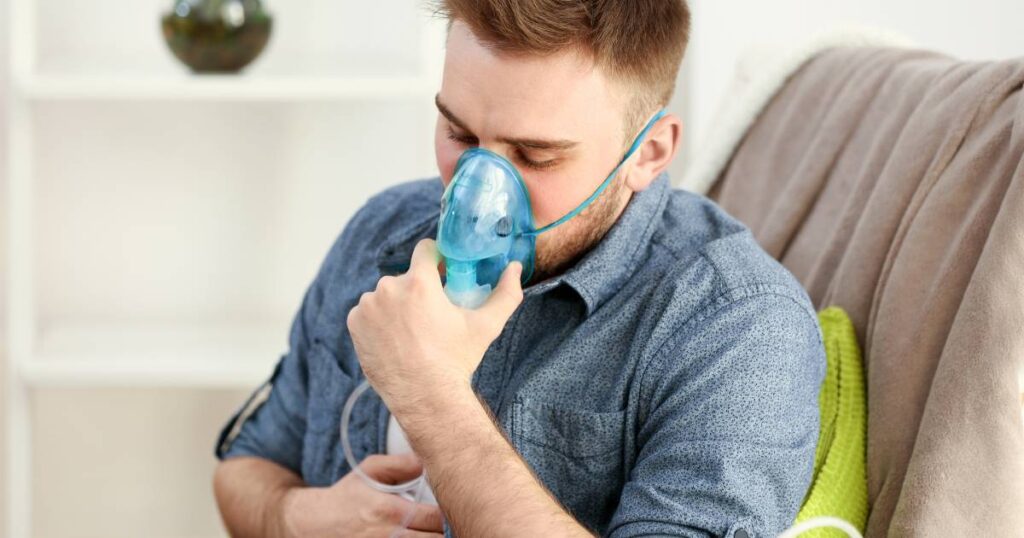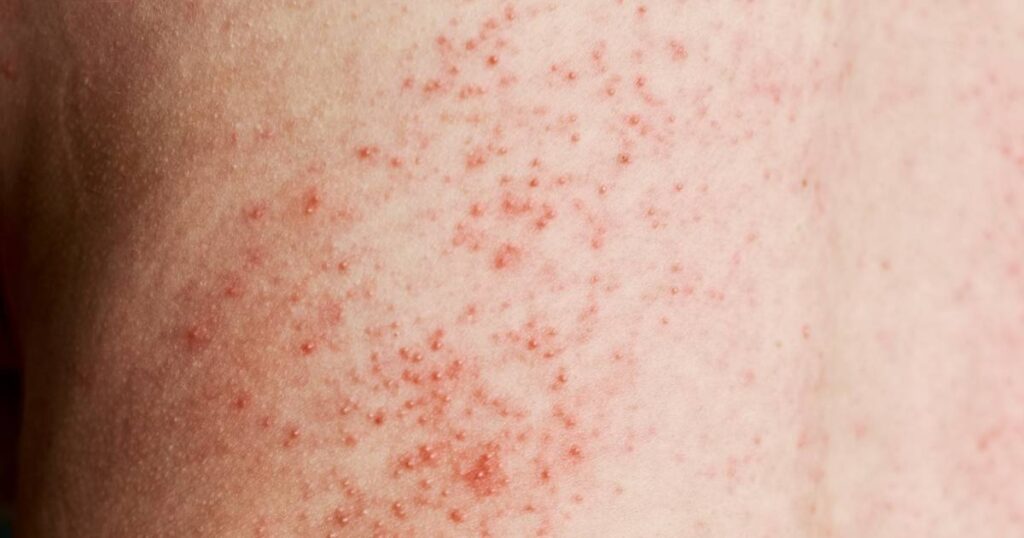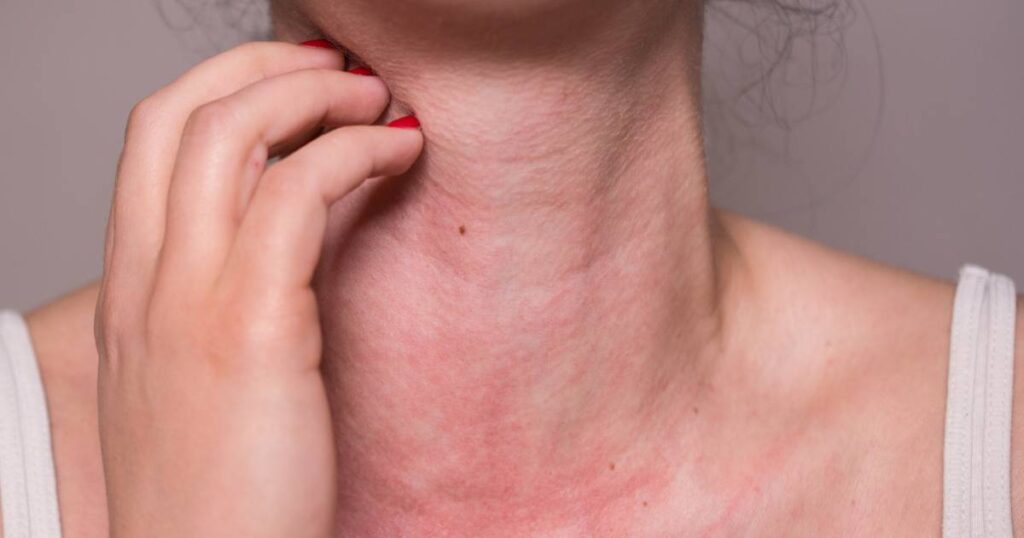Mold is a common problem in many homes and buildings and can be a serious health hazard if left untreated.
Mold toxicity is a condition that can occur when a person is exposed to high levels of mold for an extended period.
It can cause various symptoms, including respiratory problems, fatigue, headaches, and skin rashes. This article will discuss ten warning signs of mold toxicity that you should be aware of.
Respiratory Problems
One of the most common and noticeable symptoms of mold toxicity is respiratory problems.
These can include coughing, wheezing, and difficulty breathing. This happens because mold releases spores into the air we breathe, irritating or inflaming the respiratory system.
If you notice that you are having trouble breathing or experiencing other respiratory symptoms, it is important to seek medical attention immediately.

Fatigue
Another common symptom of mold toxicity is fatigue. This can result from the body’s immune system working hard to fight off the mold toxins.
It could be a warning sign of mold toxicity if you are tired all the time, even after getting enough sleep.
The feeling of fatigue can be so overwhelming that it affects your daily activities and hinders your productivity.

Headaches
Mold toxins can cause headaches and migraines, which can be severe and debilitating.
These headaches can occur frequently and can be triggered by even a small amount of exposure.
If you are experiencing frequent headaches, it is important to consider the possibility of mold toxicity.

Skin Rashes
Mold exposure can cause skin rashes and other skin problems. These can be itchy, painful, and unsightly.
Mold toxins can enter the body through the skin, leading to various skin reactions such as hives, redness, and itching.
If you notice that you have developed a rash or other skin problem, it could be a sign of mold toxicity.

Allergies
If you have allergies, mold exposure can make them worse. Mold toxins can trigger allergic reactions, including sneezing, runny nose, and itchy eyes.
If you notice that your allergies have worsened and you are experiencing these symptoms, it could be due to mold toxicity.

Digestive Problems
Mold exposure can also cause digestive problems, including stomach pain, diarrhea, and nausea.
If you are experiencing these symptoms, it is important to consider the possibility of mold toxicity. The digestive problems can lead to malnutrition and dehydration if not treated promptly.

Cognitive Problems
Mold toxins can affect cognitive function, including memory, concentration, and decision-making.
If you are having trouble with these aspects of your mental function, it could be a warning sign of mold toxicity. The cognitive problems can affect your daily life and can be very frustrating.

Mood Changes
Mold exposure can also cause mood changes, including depression, anxiety, and irritability. These mood changes can be severe and affect your personal and professional relationships.
If you are experiencing changes in your mood, it is important to consider the possibility of mold toxicity.

Joint Pain
Mold toxins can cause joint pain and inflammation. If you are experiencing joint pain, it could be a warning sign of mold toxicity.
The joint pain can be severe and affect mobility and quality of life.

Chronic Sinusitis
If you suffer from chronic sinusitis, mold exposure can make it worse. Mold toxins can cause sinuses’ inflammation, leading to chronic sinusitis.
This can lead to frequent headaches, difficulty breathing, and other respiratory problems.
In conclusion, mold toxicity is a serious health hazard that can cause various symptoms.
If you are experiencing any warning signs listed above, it is important to seek medical attention immediately.
Proper treatment and prevention can protect yourself and your family from the dangers of mold toxicity.
It is also important to take preventative measures to avoid mold exposure, such as keeping your home well-ventilated and dry, fixing leaks promptly, and cleaning up any mold growth as soon as it appears.
Also in many cases, you should consider mold inspection service, like Attic Crew mold remediation service.

FAQ'S:
How can mold spores affect your health?
Mold spores can cause a variety of health issues including respiratory problems, allergic reactions, chronic fatigue, and even affect mental health.
What types of mold are considered toxic?
Black mold, also known as Stachybotrys chartarum, is one of the most well-known toxic molds. However, other types of molds like Aspergillus and Penicillium can also have harmful effects.
What should I do if I suspect mold-related health issues?
If you suspect mold-related health issues, it is essential to consult with a healthcare professional who specializes in environmental medicine or mold illness. They can help diagnose and guide you towards appropriate treatment.
How can I prevent and address mold problems in my home?
Proper insulation, maintaining optimal indoor humidity levels, addressing water damage promptly, and ensuring proper ventilation can help prevent and address mold problems in your home. It’s also important to be aware of any warning signs such as musty odors or visible mold growth and take immediate action to remediate the issue.



